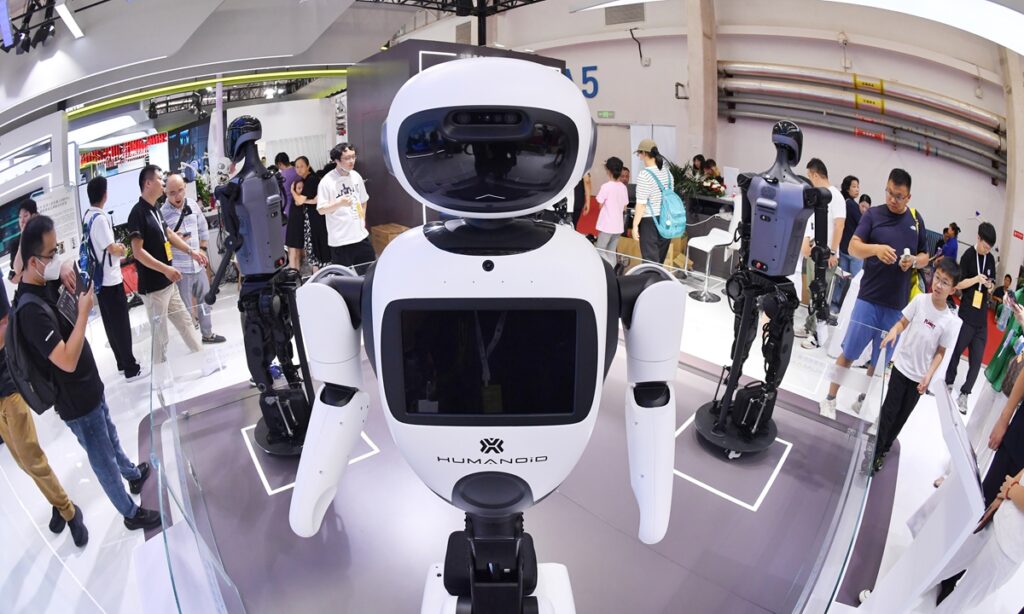China has launched a new visa programme designed to lure science and technology graduates from around the world.
The K visa, first announced in August, will take effect on Wednesday, October 1, 2025. It offers entry, residence, and the right to work without needing a sponsoring employer.
This is the opposite of the U.S. H-1B system, which requires employer sponsorship and runs a yearly lottery.
This is a strategic step for Beijing, especially as the United States tightens its H-1B rules. Washington is now considering an annual fee of $100,000 for new applicants, a move that has already unsettled young professionals seeking opportunities abroad.
A Strategic Timing
“The symbolism is powerful: while the U.S. raises barriers, China is lowering them,” said Iowa-based immigration lawyer Matt Mauntel-Medici.
Michael Feller, chief strategist at Geopolitical Strategy, added that U.S. policy under President Donald Trump had “shot itself in the foot,” calling the timing “exquisite” for China.

Immigration specialists argue that Beijing could gain an edge in attracting global talent, particularly from India, where STEM graduates have traditionally dominated the H-1B pool.
Who Can Apply?
According to guidelines from China’s State Council, the K visa targets graduates in science, technology, engineering and mathematics.
Applicants must hold at least a bachelor’s degree from a recognised university or research institution. Young professionals currently engaged in research or study are also eligible.

However, the fine print remains unclear. There are no detailed provisions yet for family reunification, permanent residency, or long-term support. This uncertainty leaves questions over how attractive the visa will be in practice.
“It’s an appealing alternative for Indian STEM professionals seeking flexible, streamlined visa options,” said Bikash Kali Das, an Indian student at Sichuan University. But he admitted that “language and political tensions” could still be barriers.
Challenges Ahead
Unlike the U.S. or Canada, China rarely grants citizenship to foreigners. Most top jobs also require Mandarin fluency, which could discourage applicants.
At the same time, ongoing friction between Beijing and New Delhi may limit China’s ability to draw large numbers of Indian professionals.
Still, the programme fits into Beijing’s efforts to open its economy. In recent years, China has expanded foreign investment opportunities, relaxed travel rules, and granted visa waivers to nationals from parts of Europe and East Asia.
The K visa alone will not make China a major immigration hub overnight. But even small gains in attracting young global innovators could sharpen Beijing’s edge in industries like artificial intelligence, semiconductors, and biotechnology.
Rate, Like 👍, Comment💬, share this article and Follow us on our social media handles. You can also Submit your own story to get featured and earn rewards!






